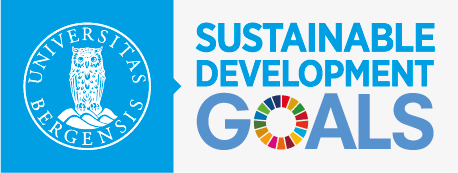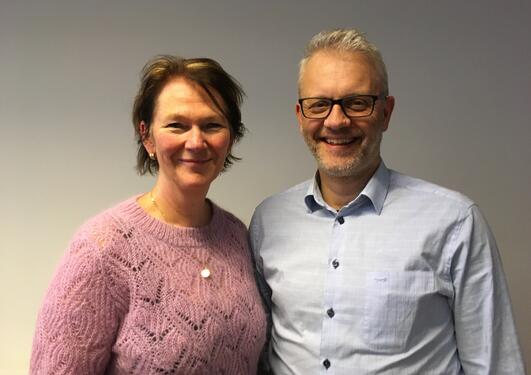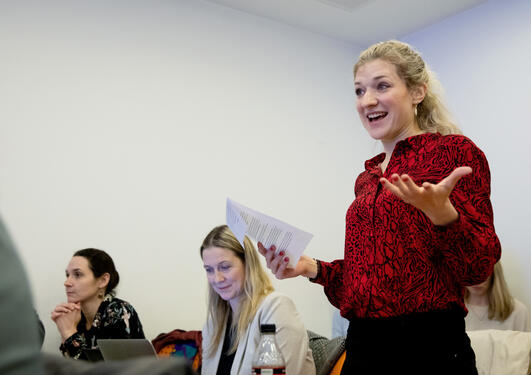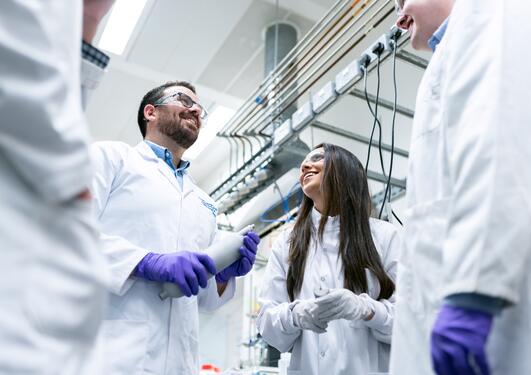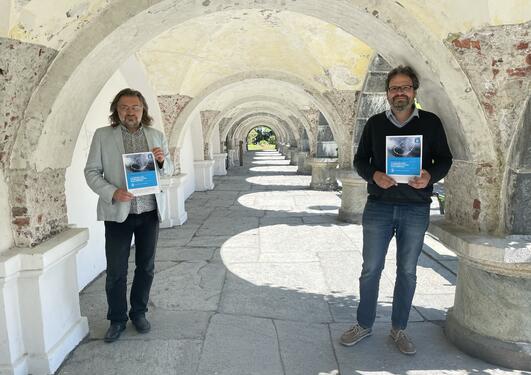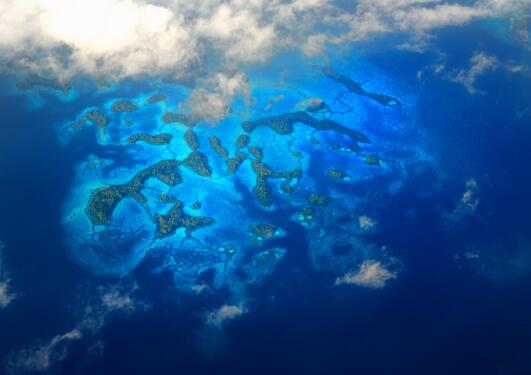A contribution to the ocean science decade
A new interdisciplinary project to create research leaders for marine sustainability is a prime part of the University of Bergen’s engagement with the UN Decade of Ocean Science for Sustainable Development.

Main content
“Shaping European Research leaders for Marine Sustainability (SEAS) is a project that builds on the University of Bergen’s position as Norway’s leading marine university,” says Marine Director Amund Maage, “and by creating a project like this we are also following up on our commitments on SDG14, Life below water.”
Recently, the university sent an application to the EU’s COFUND programme to secure funding for the interdisciplinary SEAS programme, which aims to provide 37 positions for postdoctoral fellows with the declared goal of creating the European research leaders in marine sustainability for the future.
- UPDATE! This project has received funding from the European Union’s Horizon 2020 research and innovation programme under the Marie Skłodowska-Curie grant agreement No 101034309.
Leadership in ocean science
The marine director is referring to the appointment by United Nations Academic Impact (UNAI) of the University of Bergen to be its Hub institution for SDG14 and ocean science and education. The university has also been appointed by the International Association of Universities (IAU) to lead the IAU SDG14 Cluster, comprising of 10 world leading universities from all continents in ocean science and education.
“All seven faculties at the university are involved with the SEAS application with the aim of providing 37 positions to postdoctoral fellows across a number of disciplines,” says Maage, “whereas it’s easy to think of marine research as being connected with the natural sciences, the 2030 Agenda presents an urgent need for social sciences, humanities, psychology, law studies, the arts and medicine to be involved to provide research-based knowledge for a sustainable ocean.”
The interdisciplinary approach aiming to create science recommendation to policymakers is among the features in SEAS.
“One aim of SEAS is to enable a new generation of researchers to be equipped with the knowledge and skills they need to create interaction and collaboration across professional, cultural, technological and sectoral boundaries,” says Maage.
Tie-in with ocean science decade
The project ties in with the University of Bergen’s support for the UN Decade of Ocean Science for Sustainable Development, as initiated by IOC-UNESCO.
“The project is designed to fit in with the goals of the ocean science decade,” says Marine Dean Nils Gunnar Kvamstø, “building on previous research at the University of Bergen and our commitments with UNAI and IAU as well as interacting with the ongoing and inbuilt processes of the 2030 Agenda.”
He points in particular to the 2030 Agenda’s maturing targets set for 2020, 2025 and, finally, 2030, as particularly important for the global scientific community to address.
“Having long been leading on marine science in Norway and having taken a global lead in science advice addressing the goals, sub goals and targets of the 2030 Agenda, it is only natural for us to apply for funding on a project creating future science leaders in marine sustainability,” says Kvamstø.
Already, University of Bergen researchers are providing policymakers with science-based knowledge. SEAS will strengthen the university’s science diplomacy efforts further.
“Scientists must become even more active to provide the necessary knowledge to aid the implementation of SDG14 targets set in the 2030 Agenda. The ocean cannot wait for the solutions of the future.”
